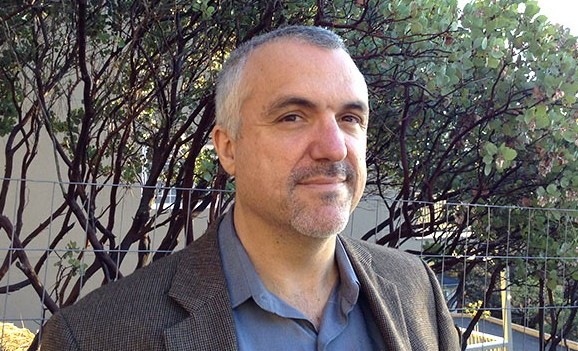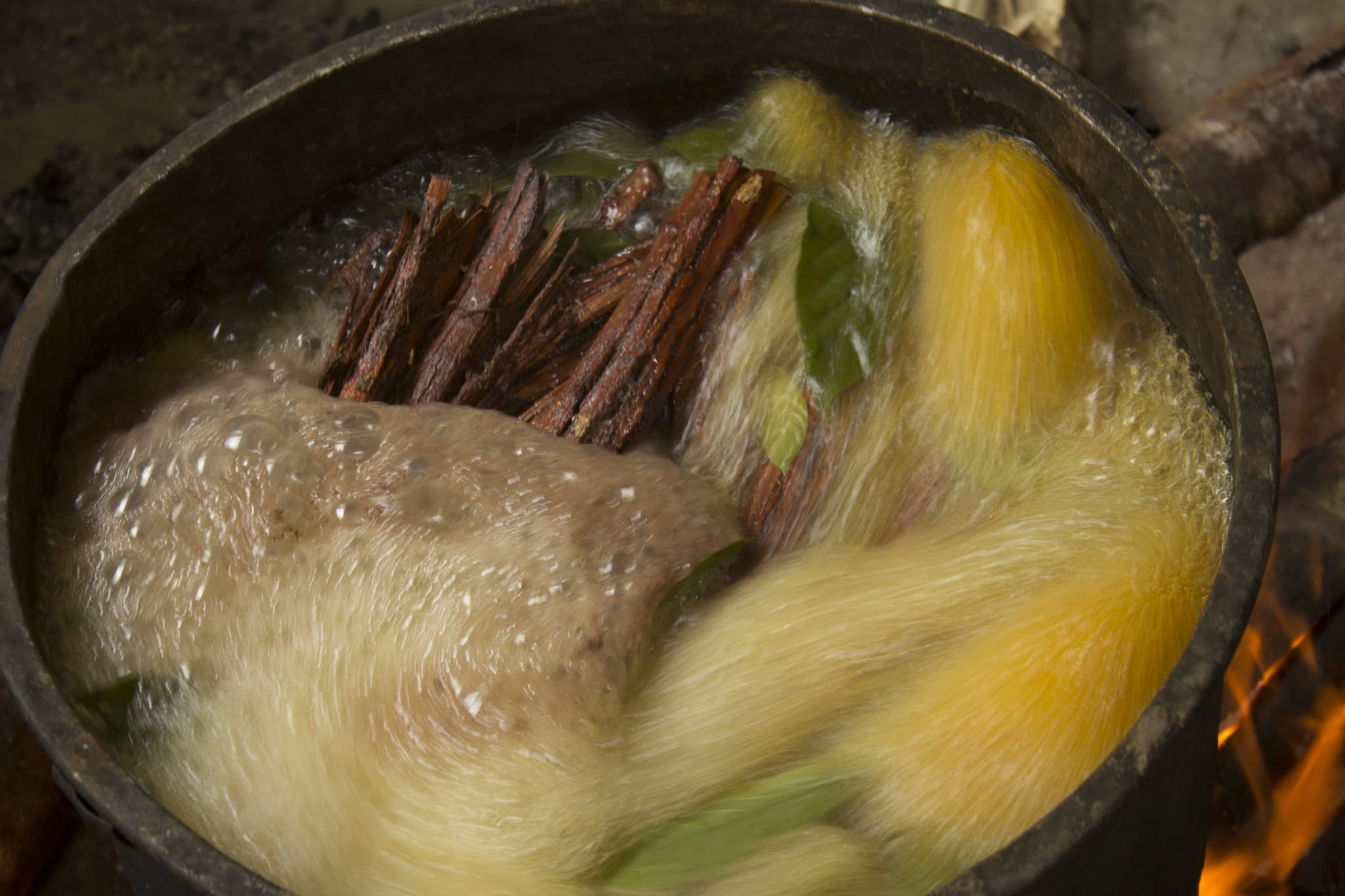When I heard the news that the phase 3 trials of MDMA as a PTSD treatment were approved by the FDA last December, I felt relieved and excited. To me, the emotional effects of MDMA have always made it one of the most obvious choices to assist in various types of much-needed therapy. To see studies confirm its effectiveness and the general medical community acknowledge its medicinal value felt like a triumph for the entire psychedelic community.
In order to get full FDA approval for medicinal use, a substance needs to go through at least three phases of clinical trials. The first phase confirms the safety of the medication when used with human subjects. The second phase confirms its effectiveness, and the third phase shows its wider, general application. The Multidisciplinary Association for Psychedelic Studies (MAPS) has already completed phase 1 and 2 trials regarding using MDMA to treat PTSD caused by military experiences, and both trials have been successful. Phase 3 will involve a much larger group of participants located around the world in order to show how MDMA therapy could work on a larger scale. This is the final step in getting MDMA approved as a valid therapeutic medicine and making it available for healthcare professionals and therapists.
But there is still a long way to go. These trials are funded entirely by donations and are expected to take place over the span of five years. It’s important that the psychedelic community supports the continued progress of these landmark studies. Since I am not a professional researcher but an advocate for psychedelic research, I found these three ways that I, and others like me, can stay involved with this historical and critical advance in psychedelic therapy.
Staying Up-to-Date and Sharing Progress With Others
If you have already been following the progress of these trials, then you likely know the importance of MDMA to PTSD therapy. If you are just now getting involved, you should know that MDMA is being used to help those with treatment-resistant PTSD—patients who have attempted other forms of psychotherapy and medications but still had persistent PTSD symptoms that negatively affected their lives. PTSD causes hyperactivity in the amygdala—the part of the brain that causes fear and anxiety—as well as reduced activity in the hippocampus and prefrontal cortex, which affects memory and learning. MDMA reverses these processes, allowing a therapist to work effectively with PTSD patients to process their trauma and decrease the intense fear reactions to their memories. The first parts of this study have shown that 83% of participants no longer had PTSD symptoms after their treatment, and during a follow-up 3.8 years later, the benefits were still being maintained.
You can learn more about the specifics of how MDMA is used as a PTSD treatment on MAPS’ website dedicated to this specific trial, which has general information about the study as well as frequent news and study updates. You can also sign up for the MAPS newsletter for weekly updates on this trial and other important psychedelic research, including how MDMA can assist with couples therapy, social anxiety in autistic adults, and end-of-life anxiety.
Staying informed about the study is just the first step to your involvement, though. You should also make sure to share the aspects of the study you find interesting with those in your social network. This will help get the word out and increase overall social support and funding for the study.
Helping Fund the Study
Although approved, the MAPS phase 3 trials still require extensive funding. The budget for phase 3 trials is set at $22.1 million over five years. This covers the cost of materials, research facilities, researcher salaries, patient stipends, and other aspects involved in extensive clinical trials. Because of a lack of support from pharmaceutical companies and the U.S. government and a desire to keep studies impartial and public, MAPS funds all of their psychedelic studies through private donations. Donations to MAPS can also be earmarked for specific studies if you wish to make sure your money will go directly to the MDMA studies on PTSD. At the moment, MAPS is seeking funding for the purchase of one kilogram of MDMA, manufactured under the Good Manufacturing Practices (GMP), which will be used in phase 3 trials. You can make a donation online through the MAPS website or through the MDMA study website. And since MAPS is considered a non-profit organization, donations are tax-deductible. Supporting these trials through direct funding is one of the easiest and most efficient ways to make sure you will have an impact in making MDMA an FDA approved medicine.
Becoming a Participant In the Study
The search for study participants for the phase 3 trials has not started yet. But once the search does begin, there will be a call for participants around the globe, as the study is set to take place in multiple countries. Participants will likely be those who have been diagnosed with treatment-resistant PTSD, with preference going to PTSD related to military service. Participants will also have to be in good overall health with normal blood pressure. The study will likely include physical exams as well as psychotherapy before, during, and after MDMA treatment. Unlike other medications, MDMA therapy is only undergone a few times for effective results, so you may be involved in just a few months of therapy and treatment during the trials. You may have a few weeks of preparatory counseling, 2-3 therapy sessions with MDMA, and then a few weeks of integration therapy afterward. If you think you would be a good fit for the study or you know someone who would benefit from participating, it is important that you stay up-to-date with the progress of the study so you can sign up as soon as volunteer spots open.
Last year was an exciting time for psychedelic therapy, and the next few years promise to be just as momentous. Besides this trial, several other clinical trials for psychedelics are in phase 1 and 2 trials. These are giant steps towards a deeper understanding of psychedelic therapy along with the eventual approval of various psychedelics as valid, FDA-approved medications. Once this trial is complete, it will be much easier for researchers to access psychedelics and get approval for wider studies, which will increase the availability of psychedelic therapy to patients. But for progress to continue, it is important that we find ways to get involved and support the ongoing research.











cant wait for MDMA to be legal…for all of us who struggle with PTSD
Great site! Saved my life!!!